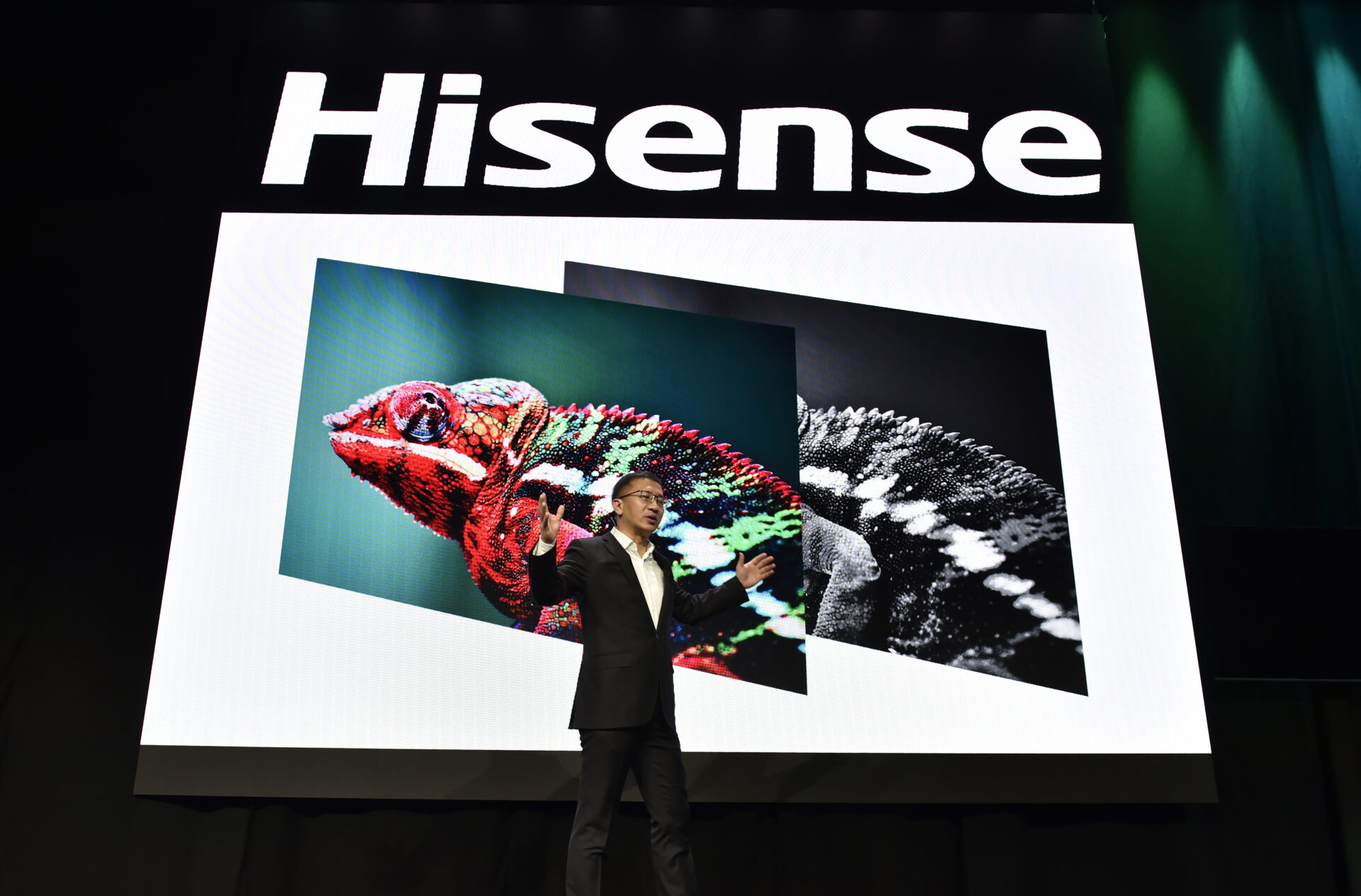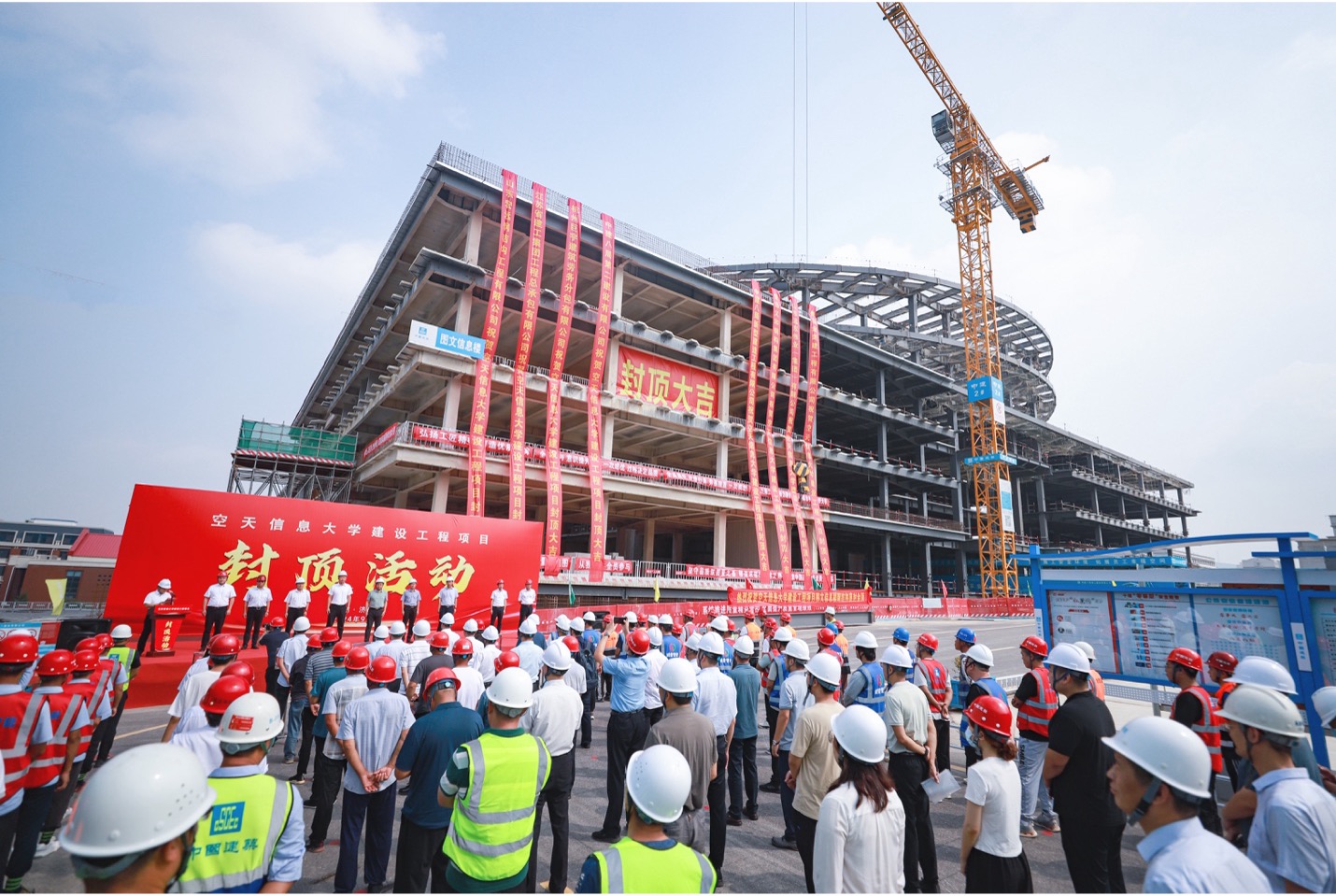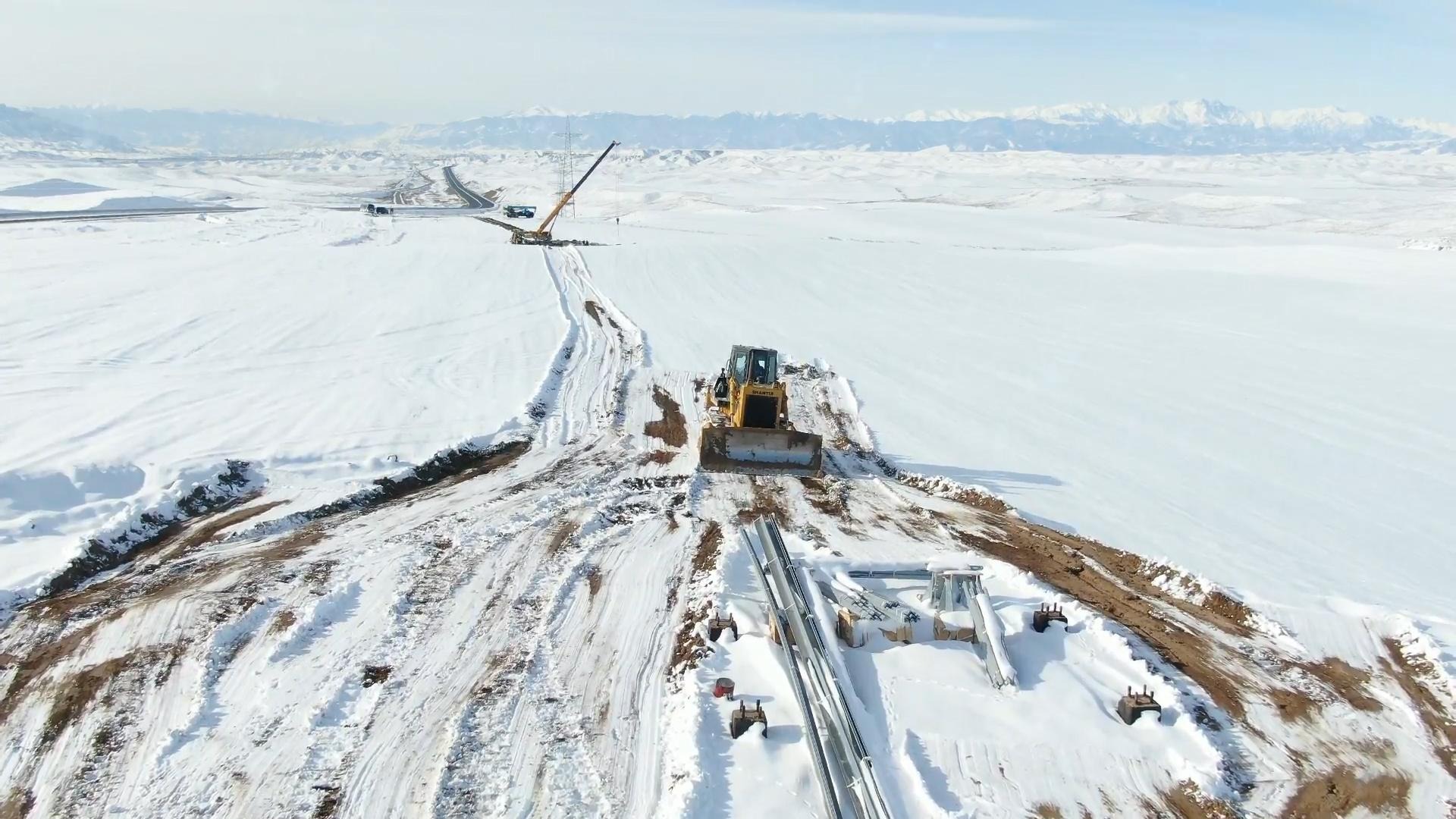BEREZOVSKY AND GUSINSKY VYING FOR PUTIN’S FAVOR.
BEREZOVSKY AND GUSINSKY VYING FOR PUTIN’S FAVOR.
The Russian media continues to swirl with rumors about what actions President-elect Vladimir Putin may or may not take in regard to the country’s powerful “oligarchs.” The newspaper Vedomosti–a joint venture with the Wall Street Journal and the Financial times and thus not directly under the control of any of Russia’s oligarchs–yesterday quoted an unnamed top Kremlin official as vowing that the oligarchs would have no influence over the process of forming Putin’s new cabinet. What is more, the official named two oligarchs who would first feel the state’s new hard line–Boris Berezovsky and Vladimir Gusinsky.
Berezovsky, currently a State Duma deputy, has holdings in Russia’s energy and metals sectors, and controlling stakes in various media, including the newspapers Nezavisimaya gazeta and Novae izvestia and the television stations TV-6 and Russian Public Television (ORT), the state’s first channel. ORT is 51-percent state owned, but Berezovsky is said to control both the 49-percent private share and to dictate the channel’s overall policy. ORT, which is broadcast throughout Russia, played a key role in ensuring the victory of the pro-Putin Unity party in last December’s State Duma election, and has also indefatigably boosted Putin and the war in Chechnya. Gusinsky is the founder and head of the Media-Most group, which includes the newspaper Segodnya, the weekly magazine Itogi and NTV television. All three have been critical–to varying degrees at different times–of both Putin and the Chechen war. Media-Most and NTV are vulnerable to government pressure because they have large outstanding loans to state financial institutions and receive airtime from the state at discount rates. In addition, the gas monopoly Gazprom owns 30 percent of NTV, and has openly warned the channel about its criticism of the military operation in Chechnya.
Berezovsky and Gusinsky are openly hostile to one another, and appear to be using their respective media to make each other look bad in Putin’s eyes. The anonymous Kremlin official told Vedomosti: “These two characters never calm down. They are like bacteria which live in a decaying body. When the organism ceases to decay, they either die or begin to live the kind of life they are supposed to live by definition” (Vedomosti, March 30).
While the official’s comments gave the impression that the Kremlin will favor neither of the warring tycoons, Media-Most is clearly worried that this is not the case. Today the newspaper Segodnya identified the official quoted by Vedomosti as Vladislav Surkov, deputy head of the Kremlin administration. Surkov himself, the Segodnya noted, previously worked for two oligarchical structures–Bank Menatep and Alfa-Bank–and later, in 1998, became first deputy general director of Berezovsky’s ORT. Segodnya suggested that the Kremlin is verbally attacking the “manageable” Berezovsky for show, but has other, more serious plans for the “unmanageable” Gusinsky (Segodnya, March 31).
Alfa-Bank founder Pyotr Aven recently told the French newspaper Le Monde of a conversation he had late last year with Putin, who was then still prime minister but already Boris Yeltsin’s designated successor. Putin asked Aven whether it was worth “maintaining such free television channels as NTV.” Aven said that he responded by saying that NTV should be kept open, but that the oligarchs must be made to obey the same rules as everyone else (Segodnya, March 31). The entire episode, as is often the case in Russian politics, has a surrealistic quality, given that Aven himself is a leading oligarch who reportedly continues to enjoy special access to Putin (Segodnya, March 31). Aven is openly calling for a Pinochet-style dictatorship as a way to end corruption, limit the power of the oligarchs and regional leaders and push through radical economic reforms (Guardian, March 31).
As is usually the case in Russia’s media wars, it is hard to determine how much of what is being written or broadcast can be taken at face value or whether the threat of a crack-down on the media is being exaggerated for tactical reasons. It should be noted, however, that while ORT openly attacked Gusinsky, Media-Most and NTV just prior to the elections, the Berezovsky media are now lying low. Meanwhile, Gusinsky’s media are raising the alarm about possible threats to their future. This suggests that Media-Most genuinely believes that it, not the Berezovsky-controlled media, will be the target of the Kremlin’s wrath.
CHECHNYA REMAINS KEY OBSTACLE TO IMPROVED EU-RUSSIAN TIES.


